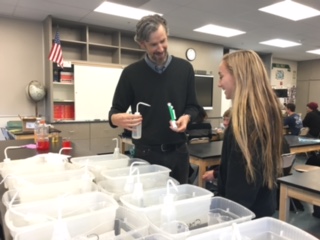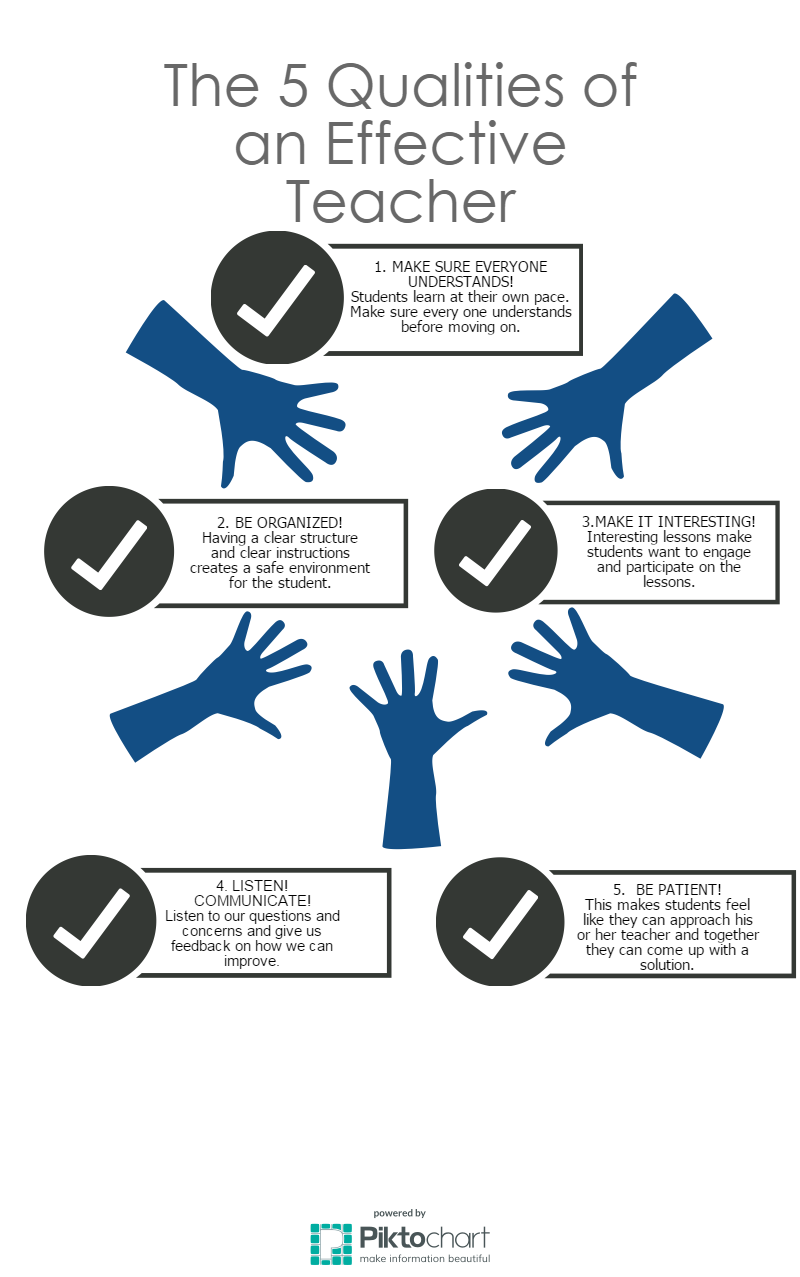
As students slide into their desks on the first day of school, the first thing they are given is a colored packet syllabus that includes all the expectations for that year. Yet, as the year progresses, teachers never receive a colored packet of the students’ expectations for their classes.
Teachers require students to have a specific behavior in their class so they can teach well. But students also need teachers to display certain behaviors so that they can have a better understanding of the material.
Teachers who create relationships with their students and encourage students to follow their expectations to the best of their ability may have better outcomes with their students.
Sophomore Mailey McLemore said, “Our science teacher, [Josh] Engberg, gives a clear understanding of expectations and allows us to use resources like our notebooks that we put a lot of work into. He keeps us organized and has a relationship with each student which helps us learn, and it makes the kids want to do the work.”
Engberg incorporates all his students into his plans in an attempt to make the curriculum fascinating for his students.
Engberg said, “I try to make the content as interesting and as engaging as possible to create an appropriate rigor. If it is interesting, it’s natural to do the work.”
Some students feel expectations and relationships are well established within the classrooms. Others believe teachers lack clear communication, which results in a poor individual understanding of the material.

Jack Morris, a junior in Freedom Cheteni’s math class, bemoaned a lack of communication, which affected his performance in the class.
Morris said, “You never know what to expect when you walk into the room each day, and there’s not a clear understanding on the work that is due. It’s hard to be successful on tests when they come because there is no general structure, and it is hard to understand what he is trying to teach us in his lectures. But I do like how he is always thinking about our futures and how he can help us improve.”
Cheteni explained that his method of teaching is because he wants his lessons not only to benefit students in high school but in their futures as well.
Cheteni said, “As far as expectations, students must have an authentic learning experience to be meaningful. Students should not be given busy work and spend hours on homework that doesn’t make sense to them. Students should be taught to learn because that is a skill they need for the future. The world is evolving, and if students learn how to ask questions and make requests, those are skills that can transfer into the world, opposed to busy work.”
Students expect staff to teach with an understanding of how each student learns individually, so everyone knows the material and is successful in the class.
The American Psychological Association said, “Improving students’ relationships with teachers has important, positive and long-lasting implications for both students’ academic and social development. The student is likely to trust her teacher more, show more engagement in learning, behave better in class and achieve at higher levels academically.”
Students have their own expectations of teachers, as they learn from them everyday throughout the course of the year.
Sophomore Kiana Philip said, “I think teachers should be understanding of how each student learns independently, and they should teach their lessons so everyone in the class understands. Outside activities should also be accounted for.”
Though these expectations are given from students, teachers also have their own personal expectations to fulfill to have a successful relationship with their students.
English teacher Kristen Fewins said, “I think teachers teach our students how they want to be respected. Teachers establish relationships to avoid discrepancies. Students should receive respect and have a fair and comfortable relationship with their teacher.”
Creating an open relationship between both students and teachers may benefit students, as they comprehend the material better and build a strong appreciation for education and their teachers. As students comprehend, teachers will feel satisfied, as they get through to their students. The system may not reach perfection, but if teachers and students are able to share expectations, clear, successful learning can take place.











